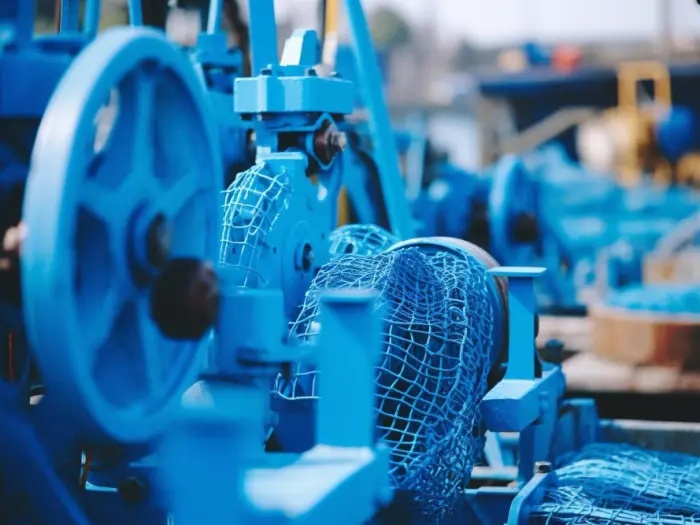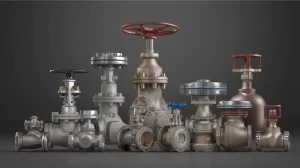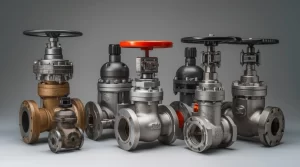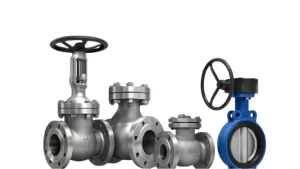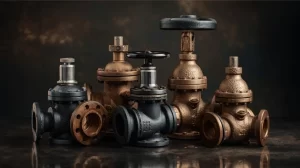Table of Contents
ToggleValves are a key part of industrial operations which block/allow fluid flow. In order to replace manual labour, industries utilize actuators to automate the opening/closing. But how does it work? In this article, we’ll walk you through all there’s to know to pick the right valve actuator for work operations.
Functionality Of A Valve Actuator
As we said before, a valve actuator replaces the manual need to open/close a valve. And you probably didn’t know that actuators aren’t just limited to valves. These tools have been in our daily application use for a long time. To keep it really simple, an actuator is a tool that controls the motion of a machine.
Think of your dentist chair automatically moving up and down — That’s done with an actuator! Now just apply that knowledge to the movement of a valve.
Differentiable Valve Actuator Types
Electric Valve Actuator
An electric valve actuator makes use of electrical currents to control the opening/closing of valves. These actuators utilize a higher power load and change electrical energy to movement. By causing movement, it controls the opening of the valve. To stop it, the external power source must be cut/turned off.
Hydraulic Control Valve Actuator
A hydraulic valve actuator utilizes fluid motors to generate pressure. This pressure is then converted to mechanical motion by causing the movement of a piston. Once needed pressure levels are reached, the piston is pushed up/down to allow fluid flow. This can be reversed by releasing some of the pressure that pushes the piston.
The up/down movement entirely depends on the type of valve actuator you use. Knowing an actuator can be capable of how many positions also depends on the type of valve actuator.
Pneumatic Valve Actuator
A pneumatic valve actuator also uses the idea of converting pressure into motion. Unlike hydraulic valve actuators, these use externally provided compressed air. Pneumatic valve actuators are found in two types: Piston or Diaphragm containing actuators. They both follow the same concept. Once pressure is built up, the piston/diaphragm is moved to allow liquid flow. This can be reversed by releasing pressure once again.
Uses Of Different Valve Actuator Types
- Electric Valve Actuator: Used in electronic industries. Easiest to handle and used in situations requiring multiple turns.
- Hydraulic Control Valve Actuator: Used with heavy machinery like construction machines. Better suited to heavy duty situations.
- Pneumatic Valve Actuator: Used in water purification industry, food industry etc. Generally cheaper and simpler than other valve actuator.
Final Thoughts
Understanding the working functionality of valve actuators is just the first step in making the right choice. Choosing the right valve actuator entirely depends on your work operational needs. Still unsure about which control valve actuator to go for? Reach out to a valves manufacturer like GOWIN Industrial Valve for all your questions.

